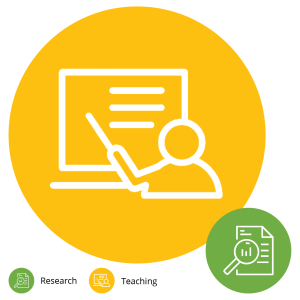Stephen Coghlan
Expertise
?Ecology, ? Economics, ? Environmental sciences, ? Fish, ? Fisheries, ? Food security, ?? Gardening, ? Land and natural resource use, ? Outdoor recreation, ?Water quality, ? Wildlife
Coghlan’s background is in ecology and conservation of freshwater fish, and an interest in biophysical economics and sustainable degrowth. His current research focuses on the adaptation and resilience of homesteaders to convergent crises of energy, economic, and climate shocks. Specifically, he is evaluating the energetic and economic profitability of back-to-the-land activities like sustenance fishing and hunting, firewood harvesting, maple sugaring, and restorative gardening, and uncovering financial and fossil fuel subsidies that underwrite them. Visit his biography to learn more. Visit Coghlan’s biography to learn more.

Appointment details
Coghlan’s work is supported by:
- Department of Wildlife, Fisheries, and Conservation Biology at the College of Natural Sciences, Forestry and Agriculture
- Maine Agricultural and Forest Experiment Station
Experiment Station contributions
Human population growth is on a collision course with biophysical limits of Planet Earth and economic limits of modern industrial-financial capitalism, but current political institutions seem incapable of identifying and responding to these existential crises. This has motivated some people to plan for a future of resource scarcity, climate catastrophe, and economic collapse by investing in homesteading to provide sustenance, generate surplus, and increase resiliency. I built energy-flow models with data from a rural Maine homestead to quantify natural, human labor, and economic inputs and estimate Energy Return on Investment (EROI) as a metric of profitability for producing fuel, food, and value-added commodities. Harvesting firewood with chainsaw, sled, and splitting maul generates a reasonably high EROI and easily meets home heating needs, but bartering or selling firewood is not profitable. Ice fishing with hand auger and sled generates extremely low EROI, but could meet dietary protein requirements if sufficient fossil-fuel subsidies are available. Artisanal maple syrup yields low EROI, but easily meets home consumption needs and could be an important value-added commodity for bartering or selling, especially when subsidized by high EROI firewood harvested on-site. Direct and indirect fossil energy underwrites most energy embodied in human labor and economic inputs; thus whether or not this type of homesteading might be “sustainable” in an energy-scarce and economically-impoverished future remains to be seen, but is probably a wise investment among competing alternatives.
- Current project: Ecology, Conservation, and Management of Maine’s Wildlife and Freshwater Fisheries in an Age of Scarcity: Adapting to Biophysical Constraints.
Career highlights
Coghlan is Maine Chapter Director for the Center for the Advancement of the Steady State Economy.

